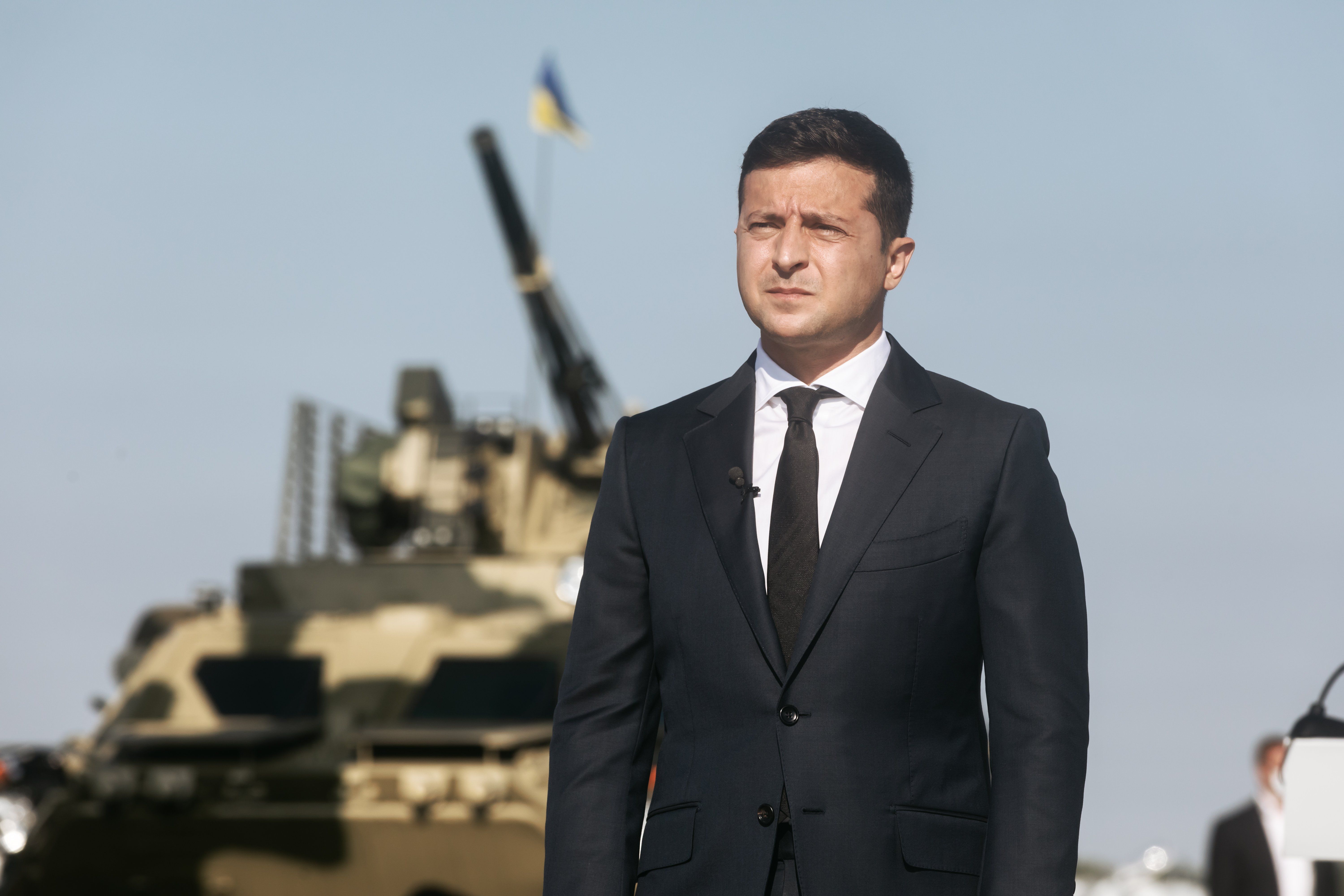Business trips don’t often involve $60 billion or the potential fate of a nation. Yet, that’s exactly what’s on Ukrainian President Volodymyr Zelensky’s mind as he arrives in Washington on Tuesday.
Zelensky will meet with President Joe Biden as well as with leaders of Congress, where a $60 billion additional aid package for Kyiv is mired in partisan wrangling over immigration. House Republicans want tighter US-Mexico border security as the price for greenlighting the White House’s request for more Ukraine aid.
Since the 2022 invasion, Washington has committed about $70 billion to Ukraine. Some $44 billion of that is military aid, making the US by far the largest single backer of Ukrainian troops. Zelensky warns that without more of that help, he can’t keep fighting Russia. Biden agrees – but, more to the point, so does Vladimir Putin.
The mood on this trip couldn’t be more different from Zelensky’s first post-invasion visit to DC when lawmakers showered him with praise and cash. But as the war has ground down into a bitter stalemate, US public support for Kyiv has softened. Ukraine’s failure to retake much territory after a much-anticipated US-backed counteroffensive has raised questions about the strategic aims of continuing to #ArmUkraine.
Supporters say: Abandoning the country would encourage authoritarian land-grabbers all over the world. Opponents say: Stop throwing good money after bad. It’s time to nudge Ukraine into a settlement with Putin.
Europe is watching too. The EU is not only wrangling over its own $50 billion aid package for Ukraine, but it’s also trying to decide whether to formally offer Kyiv a path to membership.
The upshot: This Tuesday is the most crucial single moment for Zelensky since the early days of the war.
